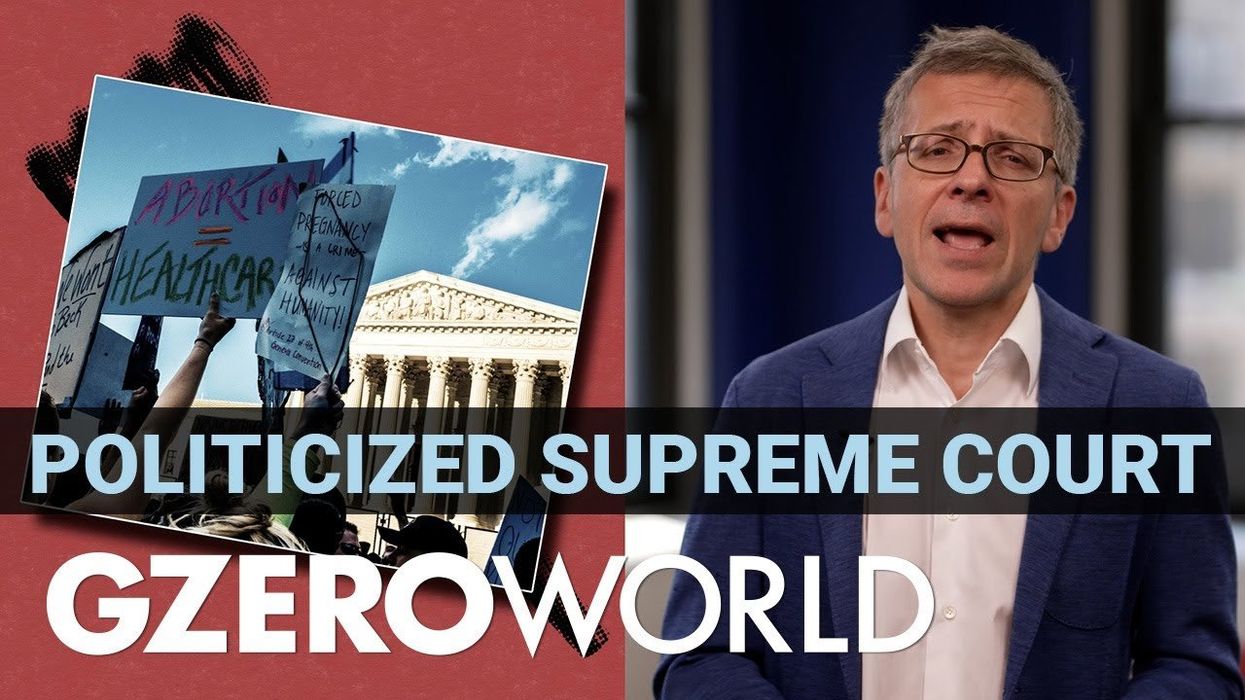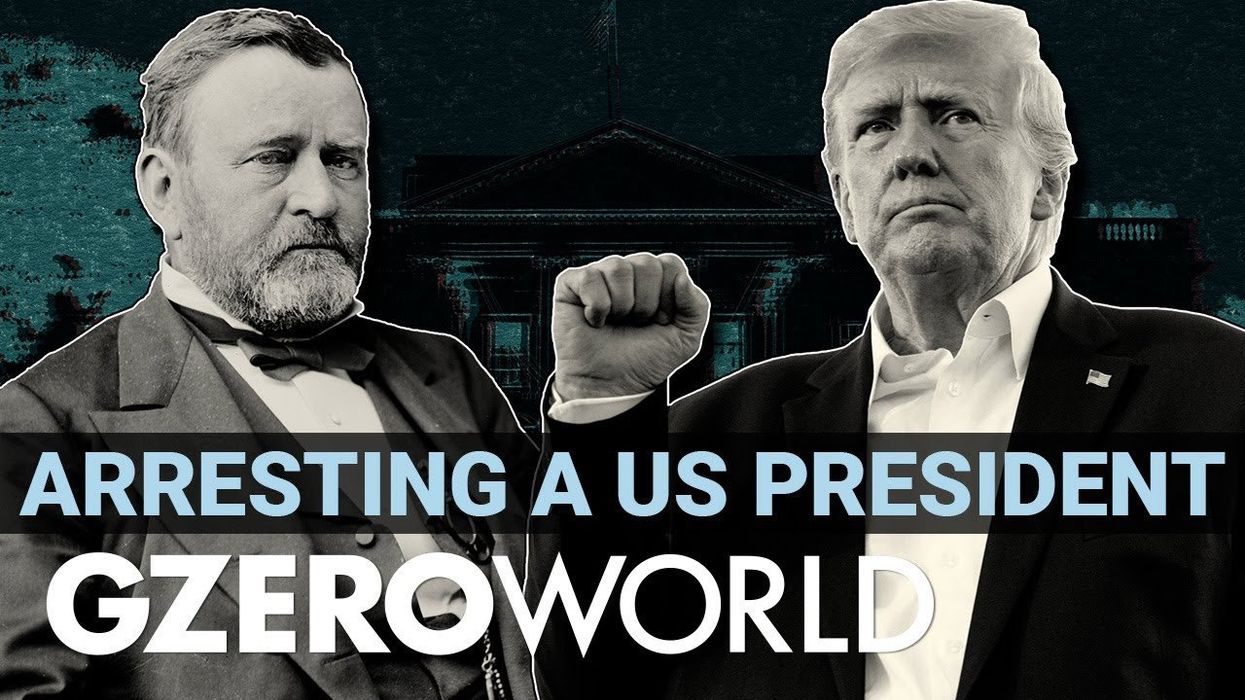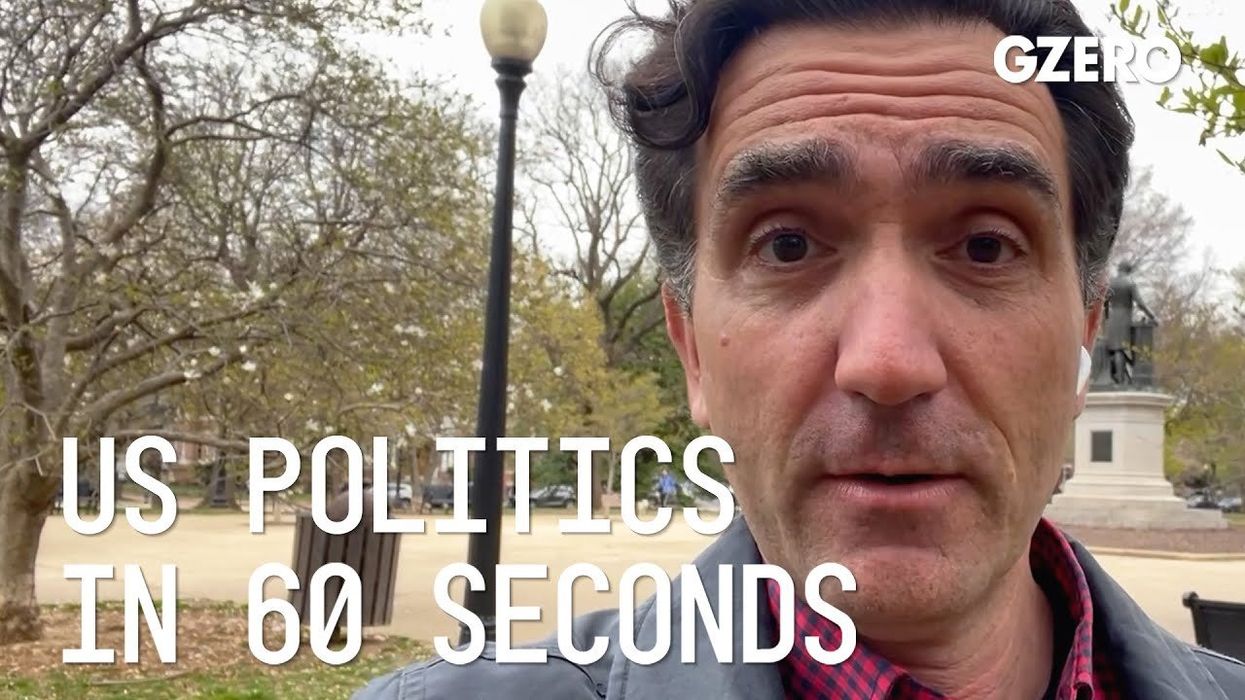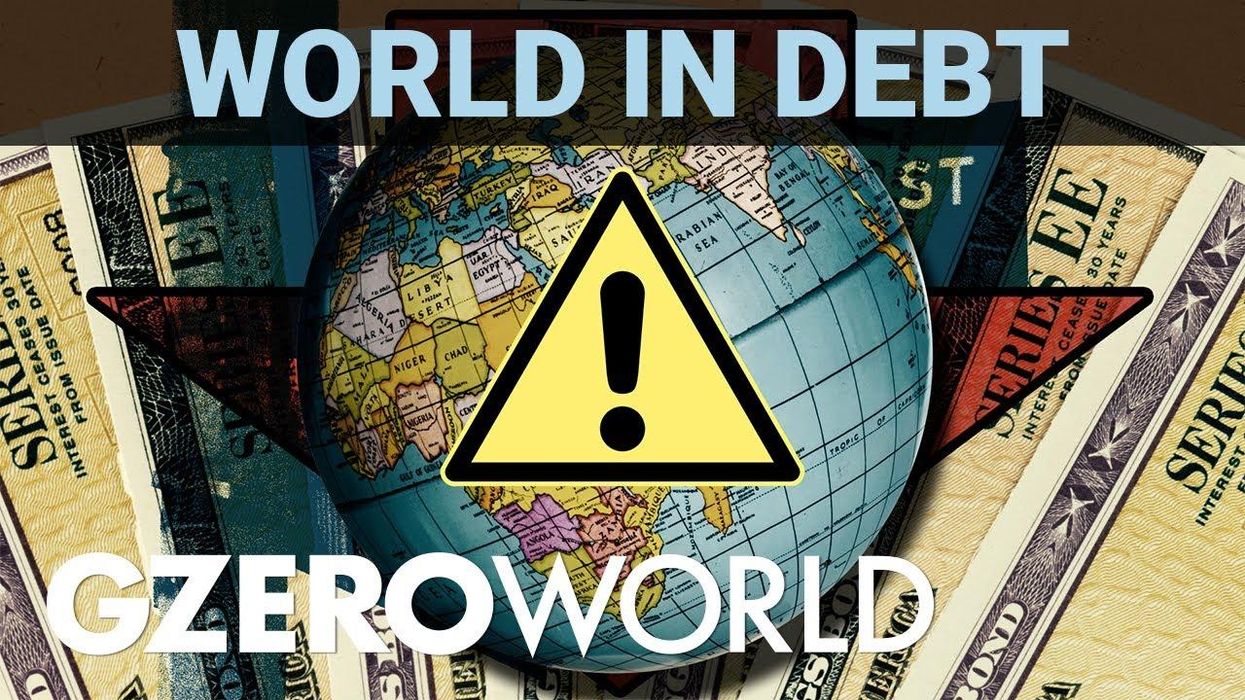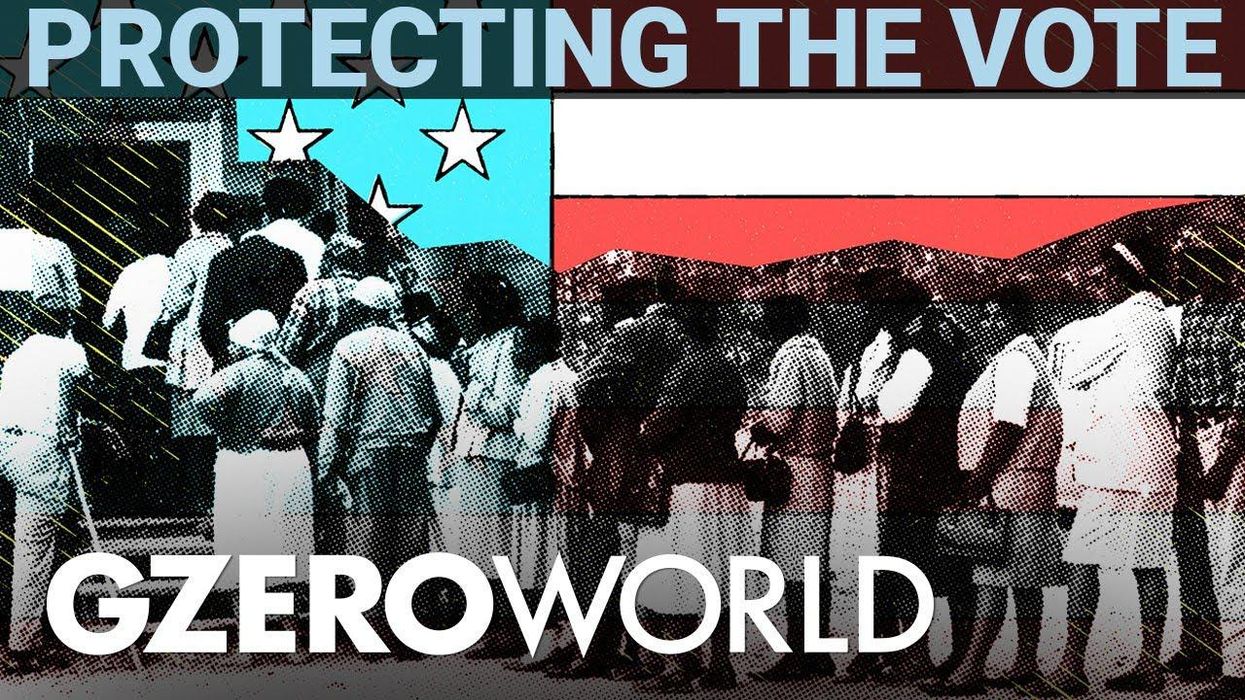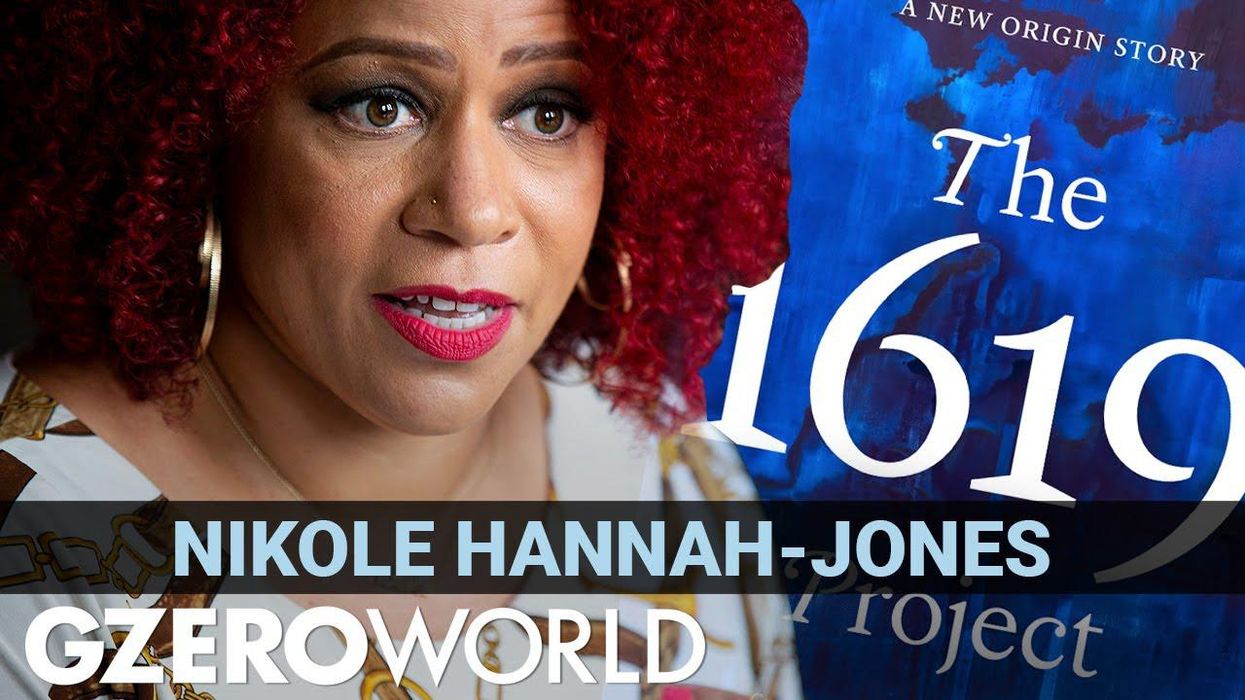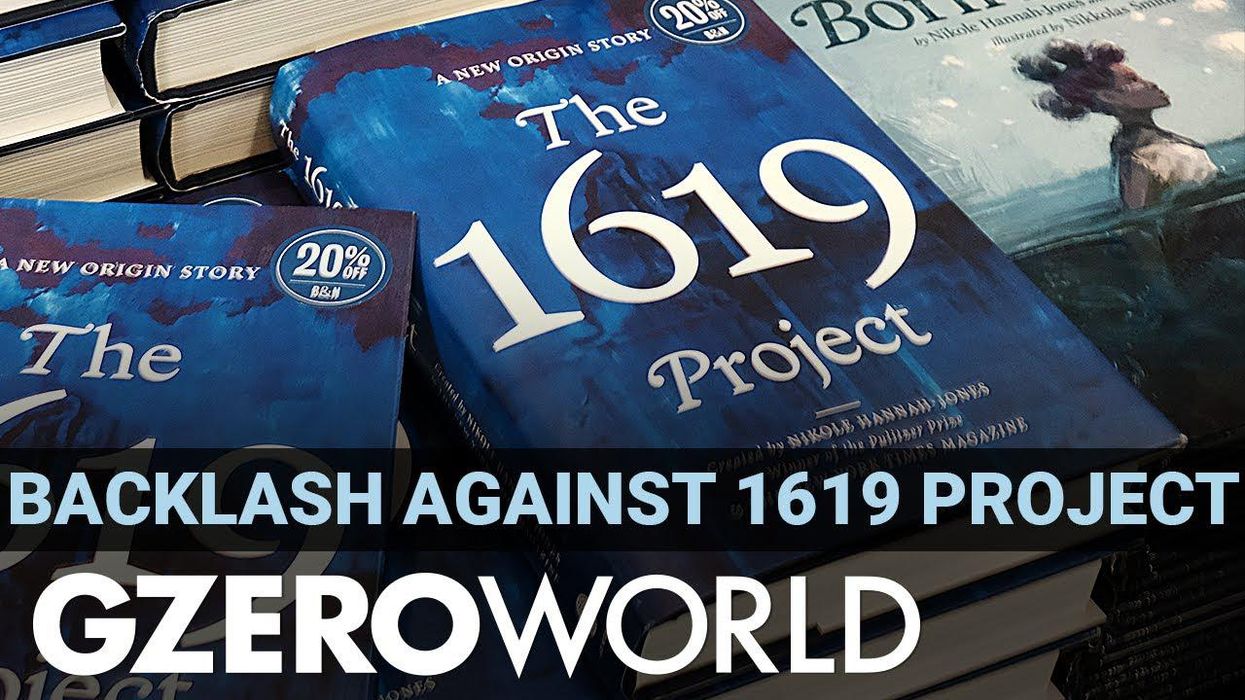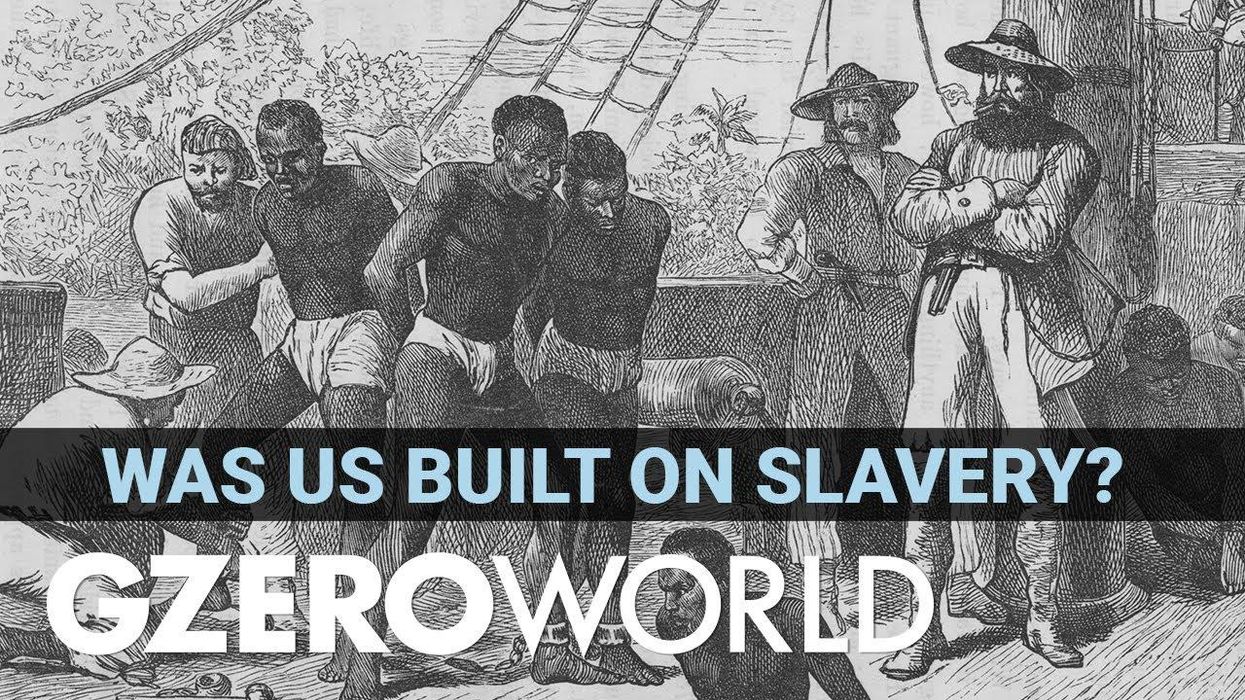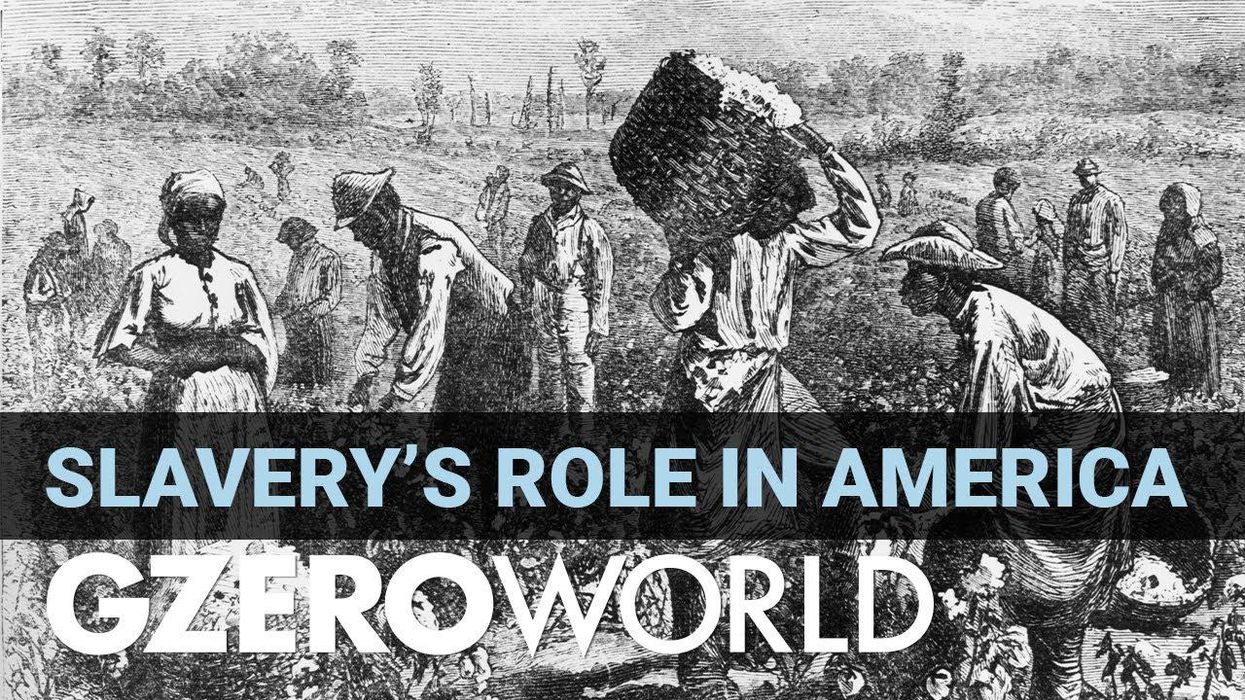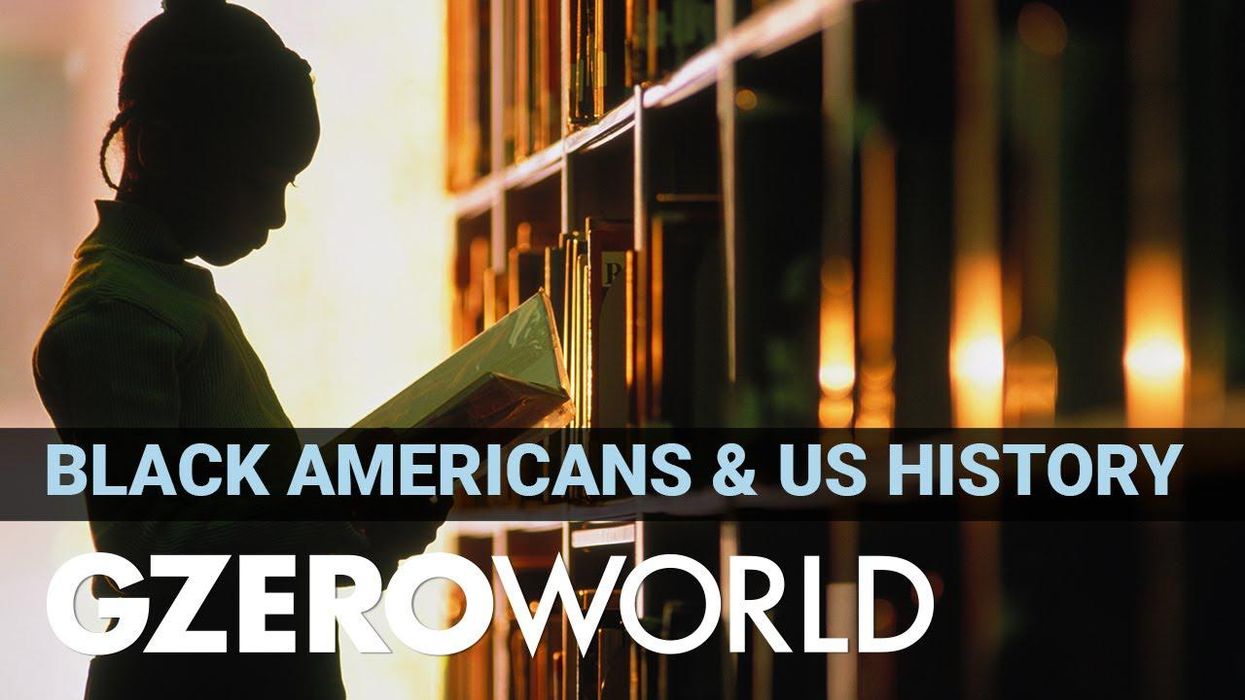Ian Explains
Ian Explains: The US Supreme Court's history of political influence
Has the Supreme Court become too politicized? American confidence in the Supreme Court is at an all-time low. Just 25% of US adults have “a great deal” or “quite a lot” of confidence in court, a low in Gallup’s 50 years of polling. This week on Ian Explains, Ian Bremmer looks back at the history of SCOTUS and the idea that justices are supposed to be impartial “umpires” that stay above the fray of politics.
Jun 09, 2023
